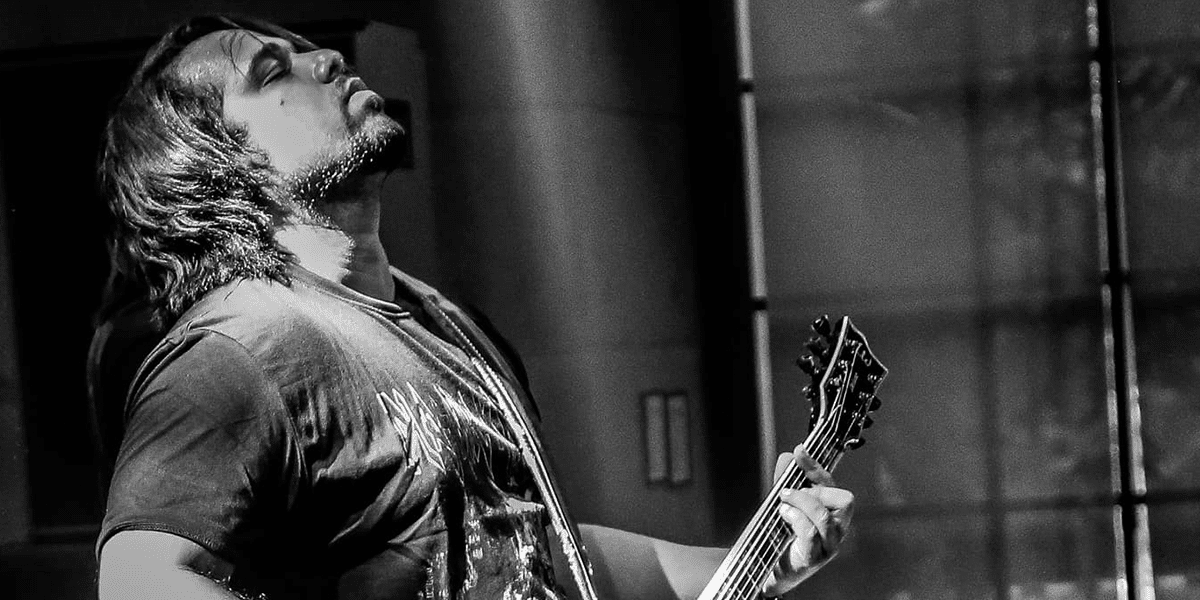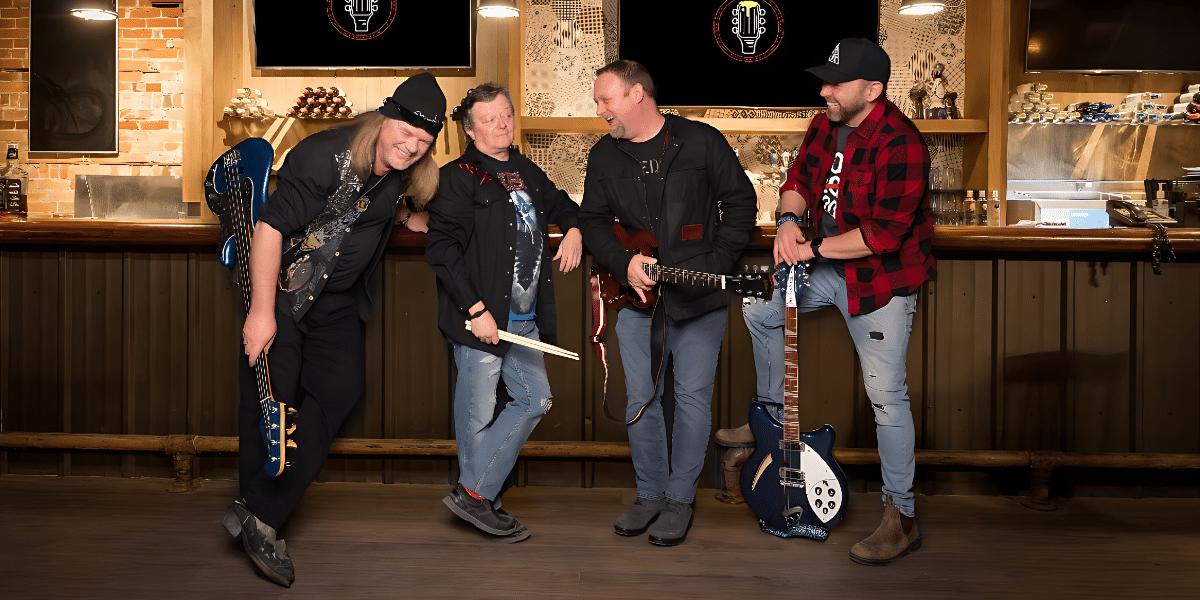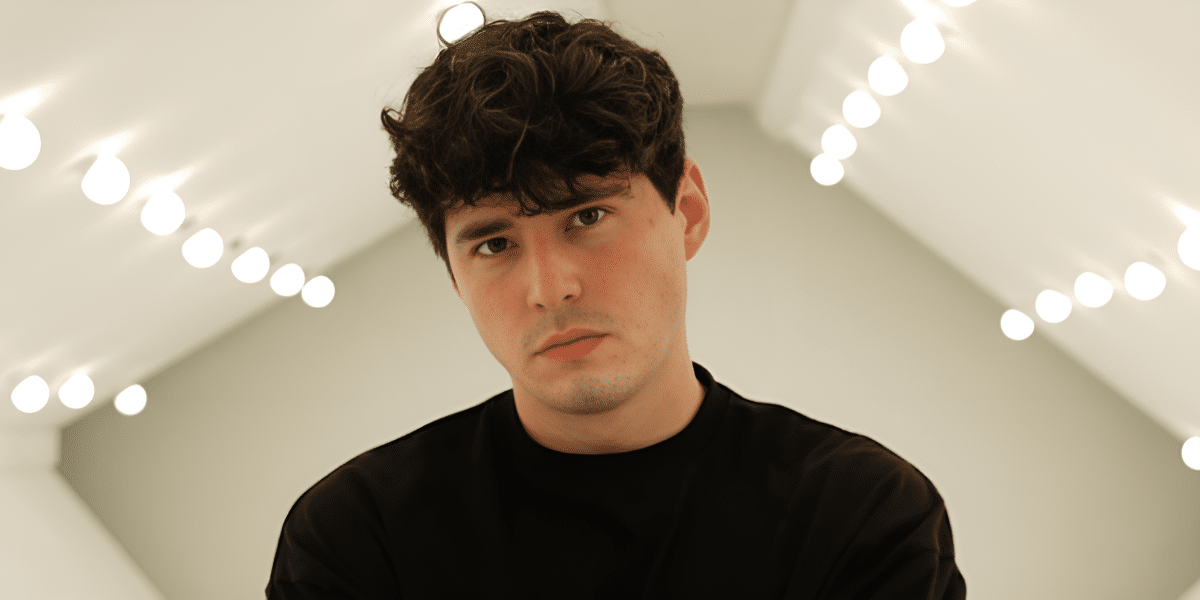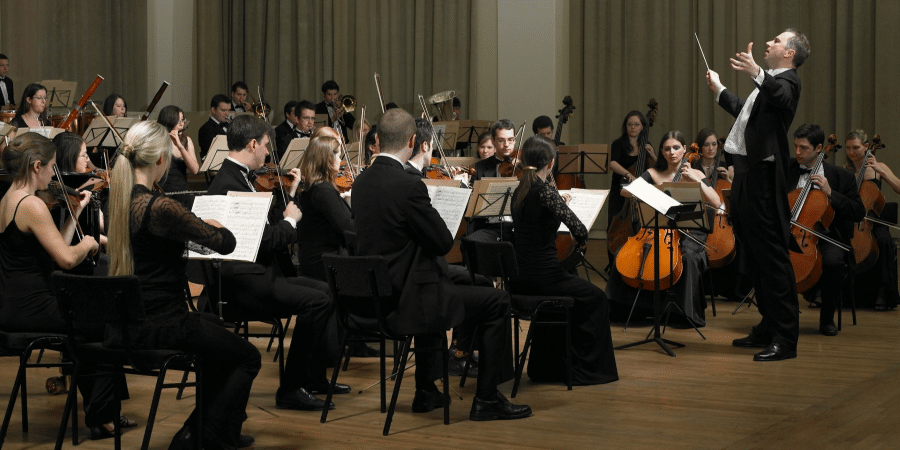Punk music, with its raw energy, rebellious spirit, and DIY ethos, has long been a driving force in the music industry. However, in recent years, there has been a noticeable decline in the popularity and influence of punk music. In this article, we’ll explore some of the reasons behind the fading of punk music over the past decade and reflect on its impact on the music scene.
Changing Musical Trends
One of the main reasons for the decline of punk music in the past decade is the changing musical landscape. As new genres and subgenres emerge and gain popularity, the mainstream music industry has shifted its focus away from punk rock towards other styles such as pop, hip-hop, and electronic dance music. With fewer opportunities for exposure and airplay, many punk bands have struggled to reach a wider audience and maintain relevance in the industry.
Commercialization of Punk Culture
Another factor contributing to the decline of punk music is the commercialization of punk culture. What was once a countercultural movement rooted in DIY ethics and anti-establishment values has become increasingly commodified and co-opted by mainstream media and corporate interests. As punk fashion, aesthetics, and imagery are appropriated and commercialized for mass consumption, the authenticity and integrity of the punk ethos have been diluted, leading to a loss of credibility and relevance for many within the punk community.
Lack of Support for Independent Artists
In addition to the commercialization of punk culture, the lack of support for independent artists and underground music scenes has also contributed to the decline of punk music. With the consolidation of major record labels and the rise of streaming platforms, many independent artists and DIY punk bands struggle to compete for attention and resources in an increasingly saturated market. Without the support of dedicated venues, promoters, and record labels, many punk bands find it challenging to sustain themselves financially and reach a wider audience.
Shifting Sociopolitical Landscape
The sociopolitical landscape has also played a role in the decline of punk music. While punk rock has historically been associated with social and political activism, the current sociopolitical climate may not be as conducive to the expression of punk ideals and values. With the rise of social media and digital activism, many young people are turning to alternative forms of protest and advocacy, making traditional punk music and its confrontational approach seem outdated or irrelevant.
Fragmentation of the Punk Community
Lastly, the fragmentation of the punk community has contributed to the decline of punk music in the past decade. With the proliferation of subgenres and niche scenes within punk rock, the once-unified punk community has become increasingly divided and fragmented. While diversity and experimentation are essential aspects of any vibrant music scene, the lack of cohesion and solidarity within the punk community has made it challenging for the genre to maintain its cultural significance and influence.
The Future of Punk Music
Despite these challenges, there is still hope for the future of punk music. While the mainstream music industry may have moved on to other genres, punk rock continues to thrive in underground scenes and DIY spaces around the world. As long as there are passionate artists and fans committed to keeping the spirit of punk alive, there will always be a place for punk music in the cultural landscape. By supporting independent artists, DIY venues, and grassroots movements, we can ensure that punk music remains a vital and relevant force for years to come.
In conclusion, while punk music may have faded in popularity in the past decade, its spirit and legacy continue to inspire generations of artists and fans around the world. By understanding the factors contributing to its decline and working together to address these challenges, we can help ensure that punk music remains a powerful and influential force in the music scene for years to come.
















